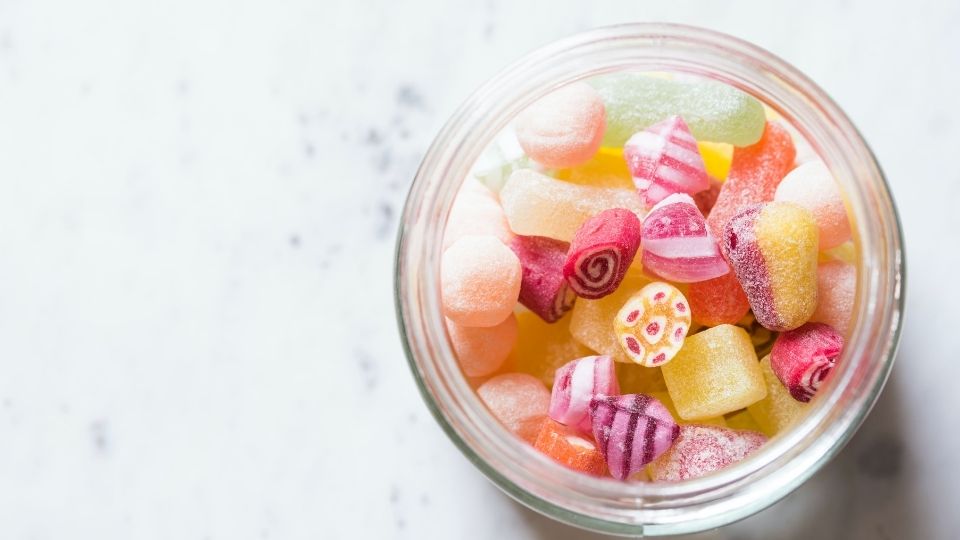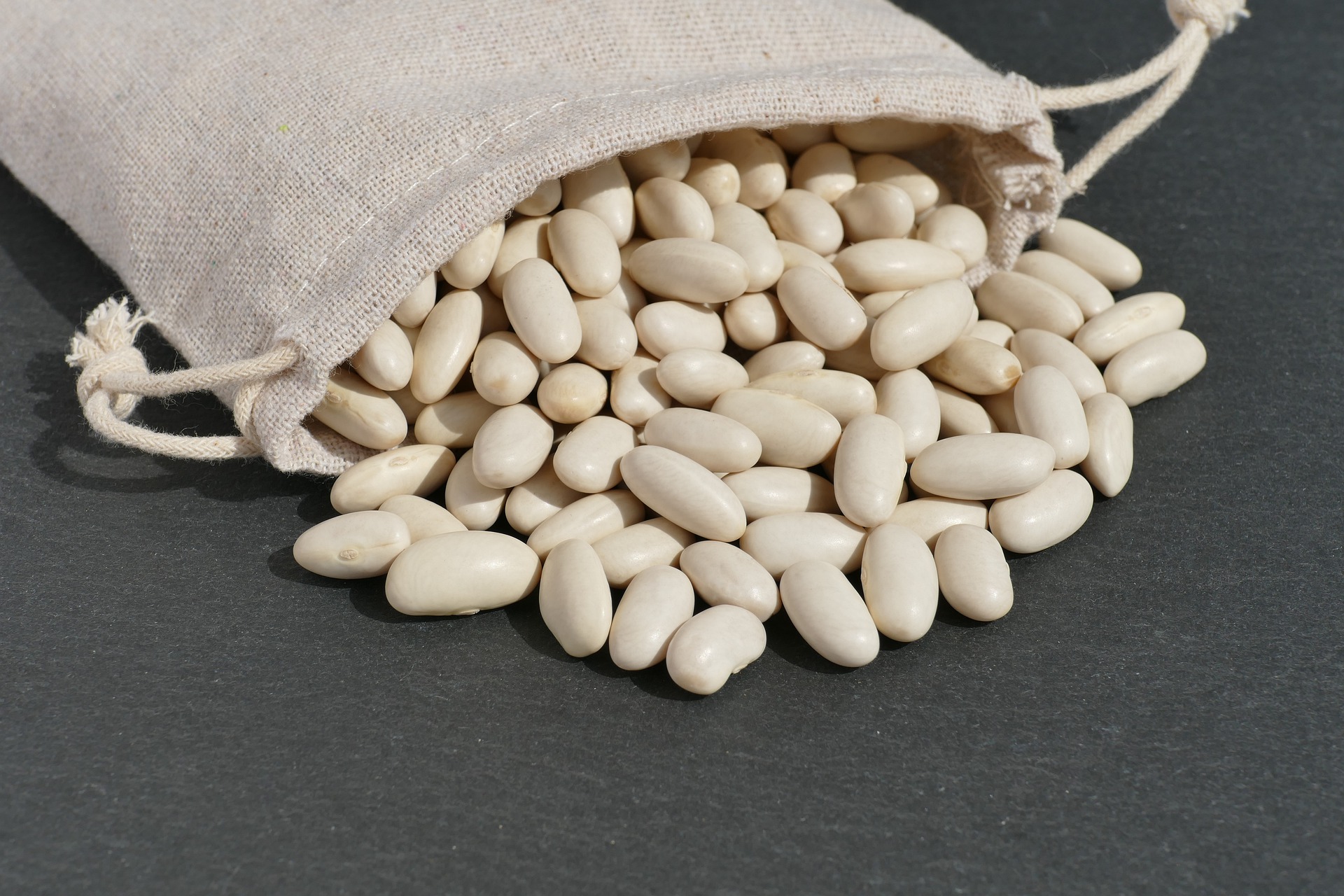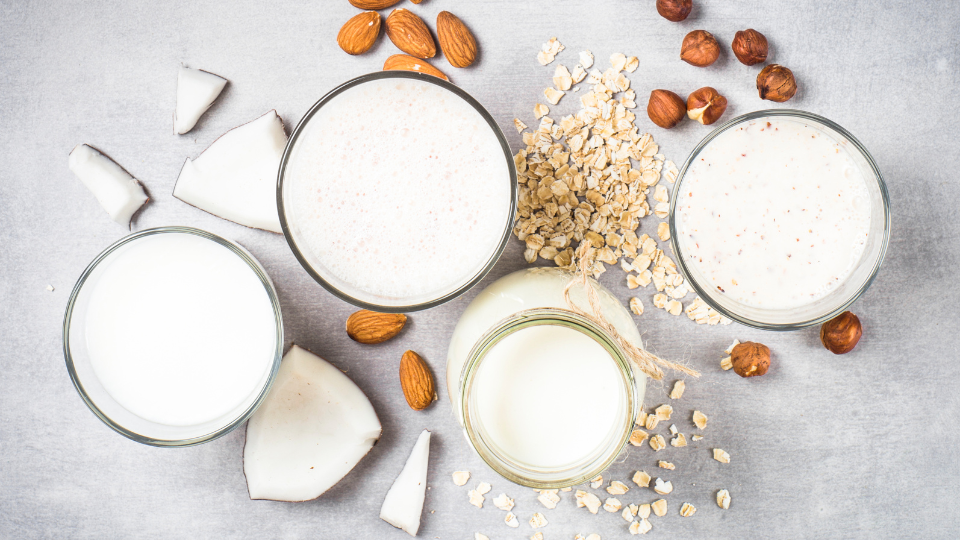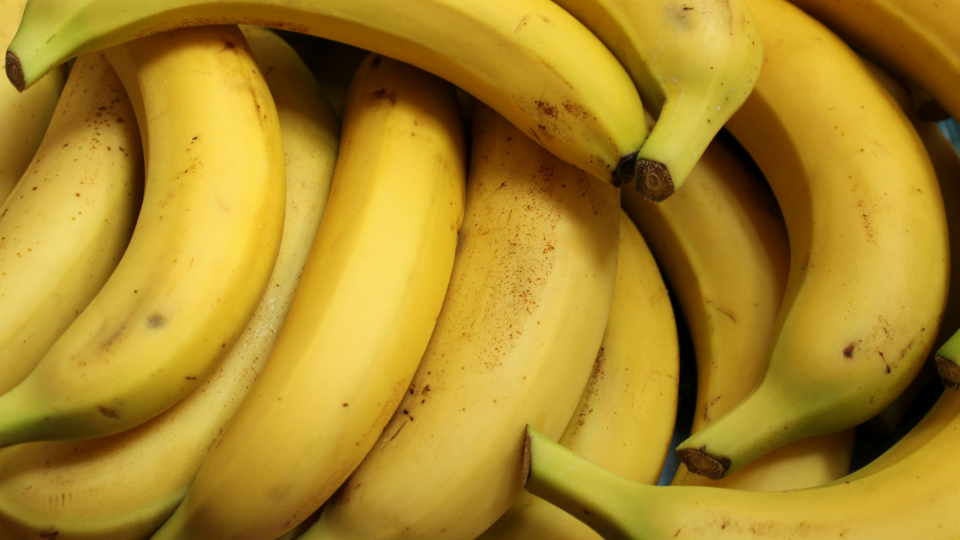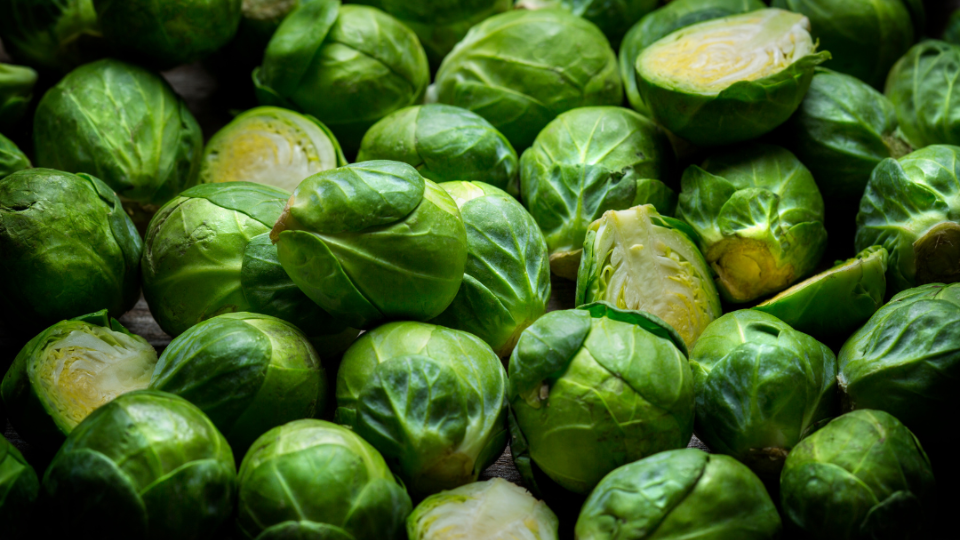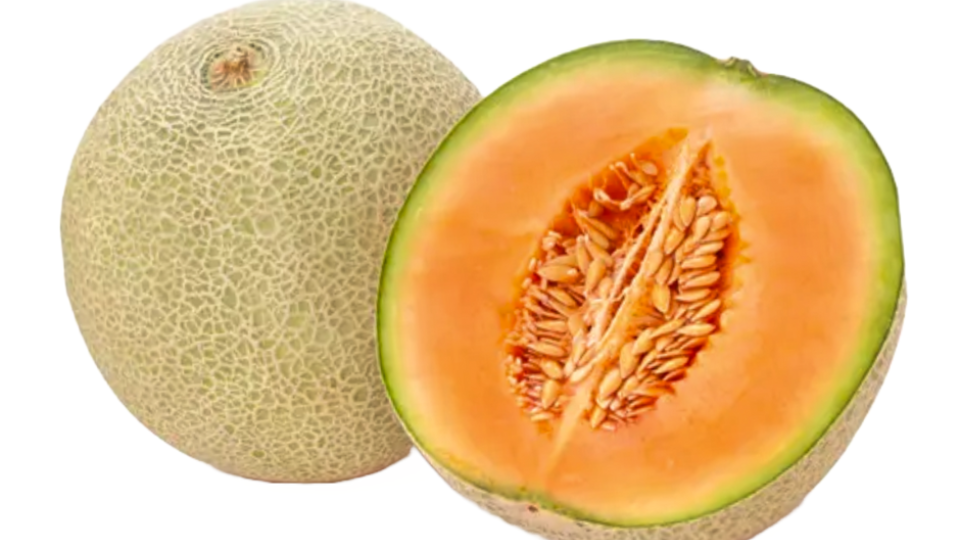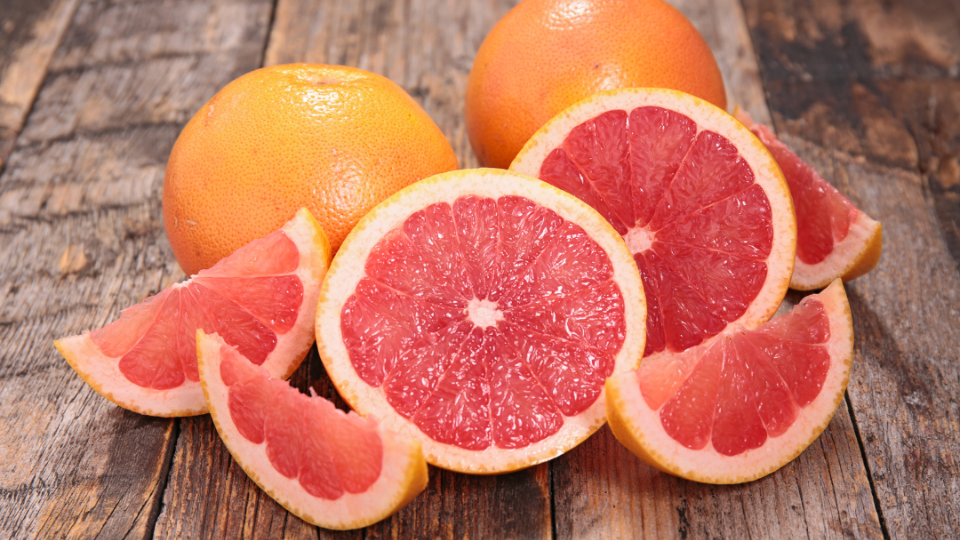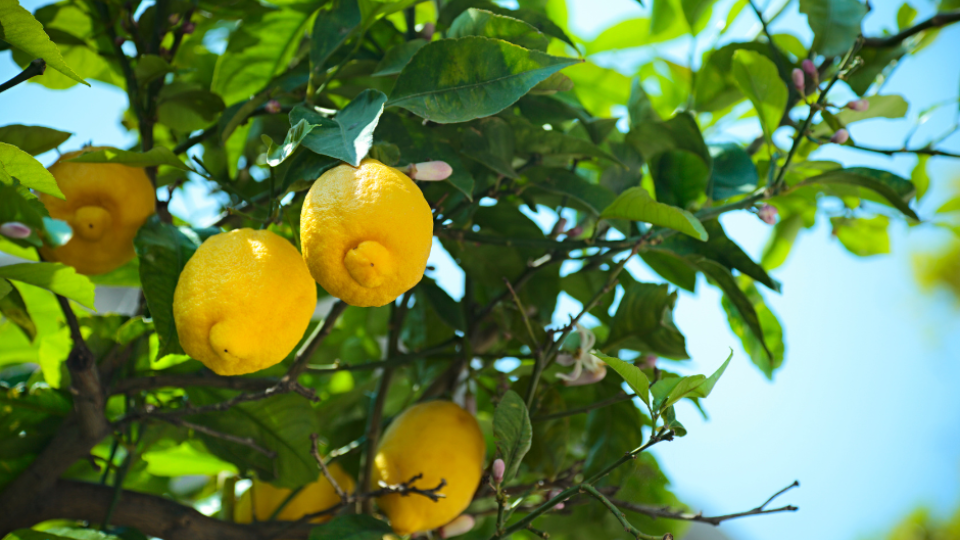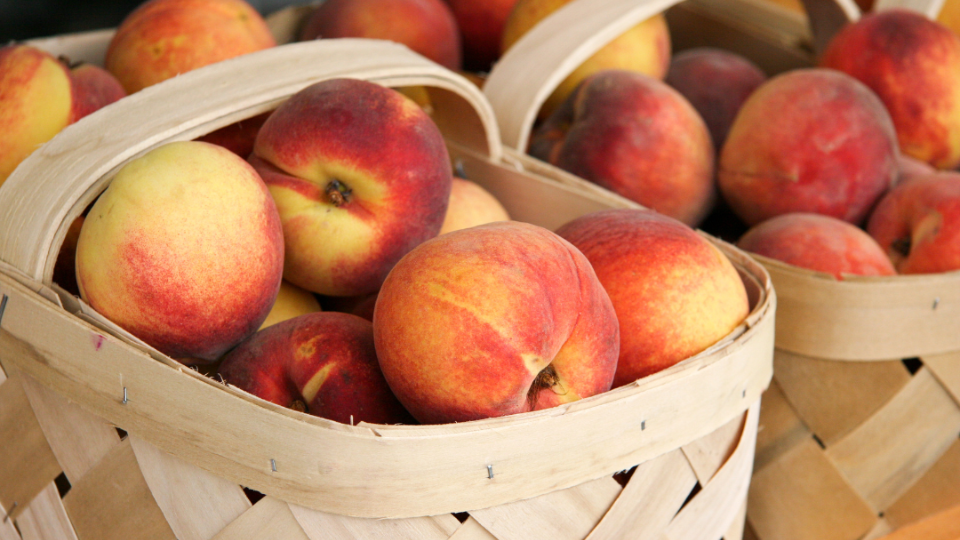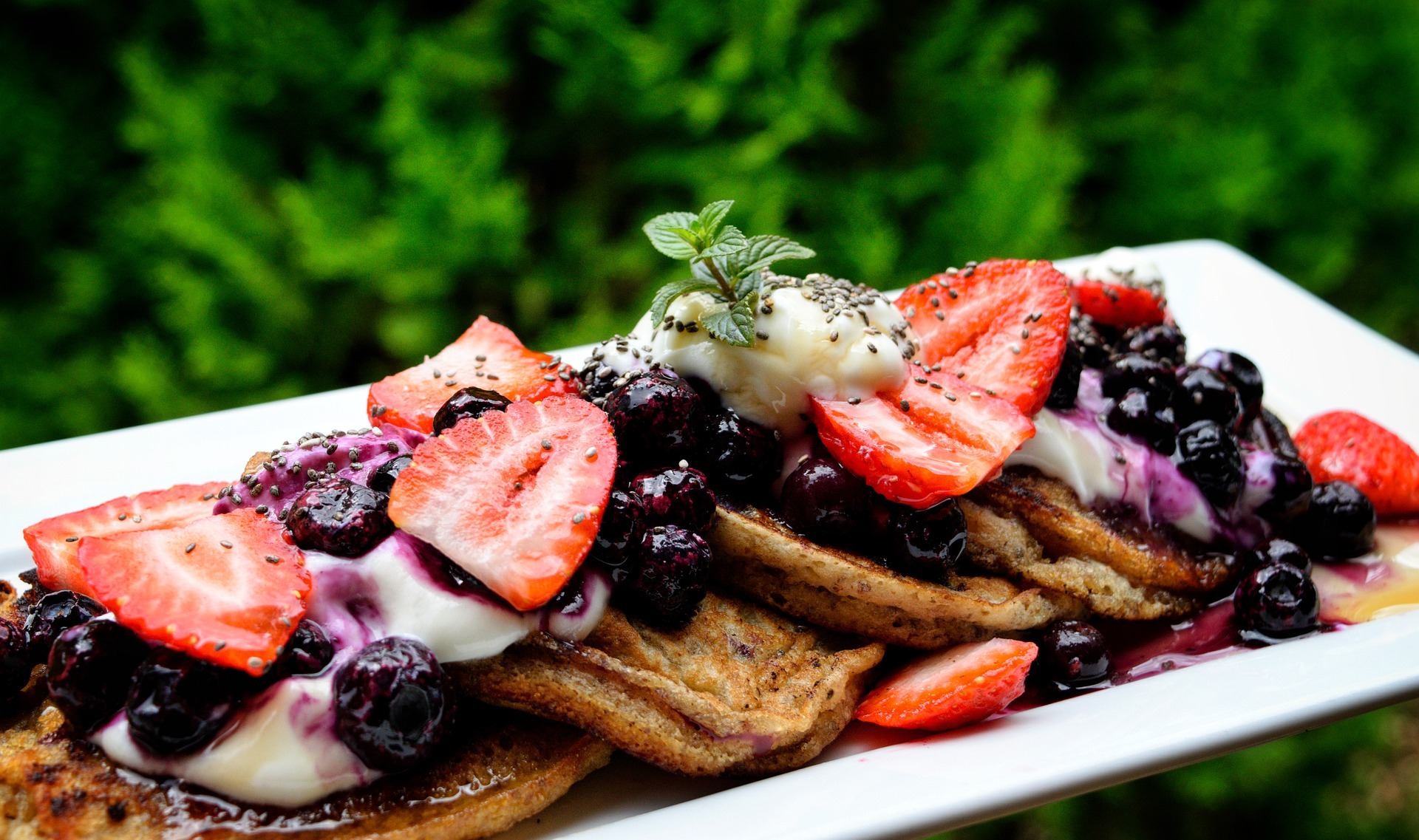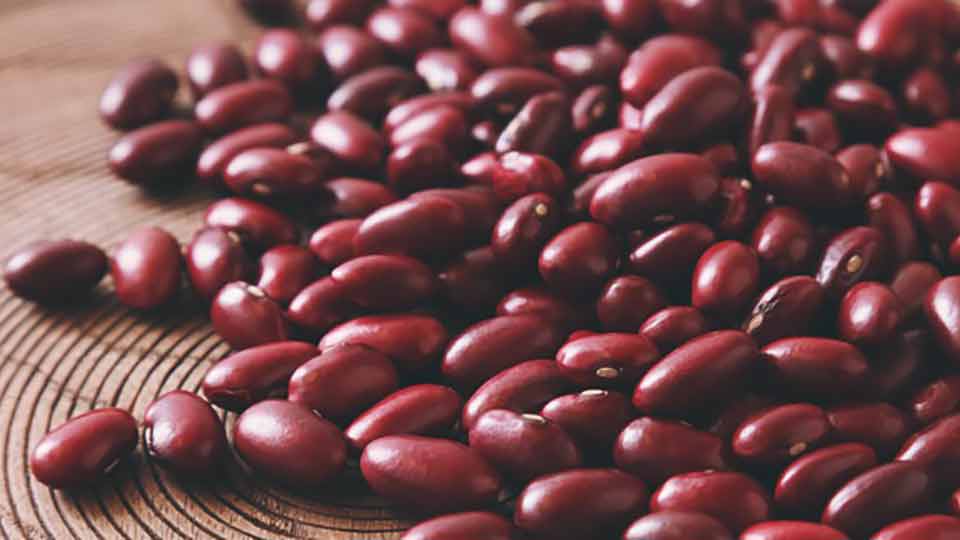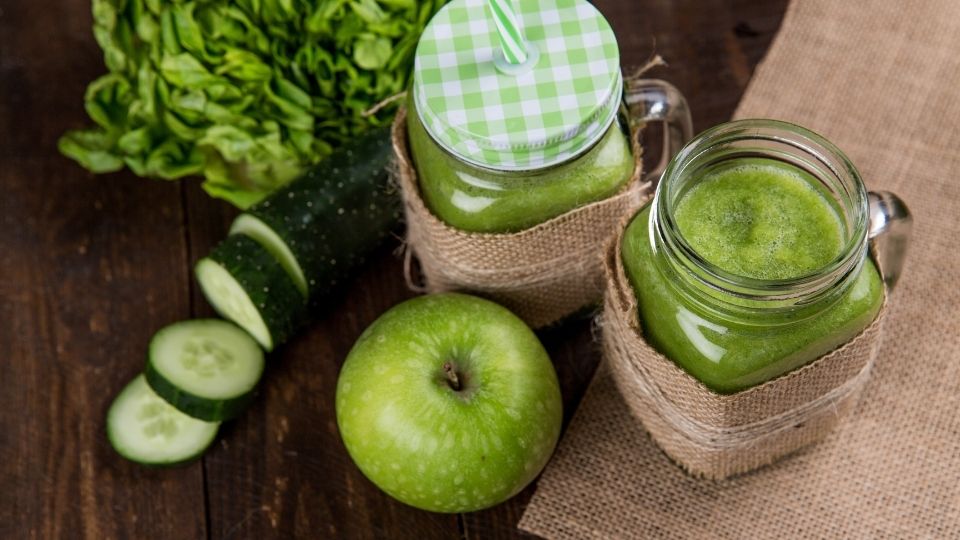Sweet As . . . Sucralose: The Pros and Cons of Artificial Sweeteners

This article is a basic overview of artificial sweeteners, including what they are, why they are popular, and how they affect health. It is specifically intended for people with diabetes, individuals interested in lowering caloric intake, and other consumers wondering whether or not they should be worried about using artificial sweeteners.
What Are Artificial Sweeteners?
Artificial sweeteners are synthetic sugar substitutes that are much sweeter than table sugar (Mayo Clinic, 2015). While sugar has about 50 calories per tablespoon, many artificial sweeteners have zero calories. Six of the most popular artificial sweeteners approved by the Food and Drug Administration are saccharin (Sweet’N Low), acesulfame (Sweet One), aspartame (Equal, NutraSweet), neotame (Newtame), advantame (no brand name), and sucralose (Splenda). Acesulfame, aspartame, saccharin, and sucralose are several hundred times sweeter than sugar, while neotame is several thousand times sweeter than sugar and advantame is about twenty thousand times sweeter than sugar. As a result, you only need to use a very small amount to flavor your food (FDA, 2018).
What Foods Are They In?
Many food companies use artificial sweeteners as low-calorie sugar substitutes in their products. If a food is labeled as “reduced sugar” or “diet,” this is a good indication that the product contains artificial sweeteners. If a product has artificial sweeteners, they will be listed in the ingredients section on the back of the package. Artificial sweeteners can be found in everything from English muffins to salad dressing (Cronin & Stone, 2014). In addition, artificial sweeteners are found in low-calorie drinks.
Why Would I Want to Use Artificial Sweeteners?

Many artificial sweeteners don’t contain calories, so they can be used as a way for a person to cut calories without compromising taste (Gardner et al., 2012). The American Heart Association also released an advisory in 2018 stating that artificially sweetened beverages may be a good way for adults who usually drink sugar sweetened beverages to cut back on sugar and calories, however they encouraged water (plain, carbonated, and unsweetened flavored) as the best option (Johnson et al., 2018). Artificial sweeteners can be an important option for diabetics since they provide sweet taste without sugar, reducing the risk of high blood glucose compared to beverages or foods sweetened with sugar. However, some scientists disagree about the impact of artificial sweeteners on blood sugar (Brown, Banate, & Rother, 2010). For example, a systematic review published in 2010 in the International Journal of Pediatric Obesity referenced some studies that showed that artificial sweeteners negatively impact the health of people with diabetes, but it also pointed to others that did not show such effects. However, the American Diabetes Association asserted that artificial sweeteners are safe for people with diabetes to consume as long as they don’t eat more than the amounts recommended by the FDA (American Diabetes Association, 2008) and are following other recommendations about healthy eating.
Are They Safe to Eat?

In 2009, the National Cancer Institute concluded that there is no clear evidence that artificial sweeteners cause cancer in humans (AND, 2012). Nevertheless, artificial sweeteners have been linked to other diseases. Several metaanalyses (research papers that analyze many previous studies to answer a question) found that people who drink excessive amounts of artificially sweetened drinks are more likely to have type 2 diabetes and hypertension (Azad et al., 2017; Greenwood et al., 2014; Gu & Tucker, 2017; Han & Powell, 2013; Imamura et al., 2015; Narain, Kwok, & Mamas, 2016). Another meta-analysis showed that artificial sweeteners may be associated with increased risk of being overweight and having heart problems (Azad et al., 2017). However, these meta-analyses did not show that artificial sweeteners cause these problems, but that they are associated with them. This may be because people who have elevated risk for these diseases start consuming more artificial sweeteners as a way to cut calories.
Artificial sweeteners may impact your health by changing the bacteria that live in your gut. One study showed that using artificial sweeteners causes a direct change in the bacteria living in the intestine (Suez, Korem, Zilberman-Schapira, Segal, & Elinav, 2015). Another study suggested that artificial sweeteners can cause glucose intolerance (which can lead to diabetes) by changing which bacteria live in the gut (Suez et al., 2014).
The American Heart Association also released an advisory in 2018 which advised against prolonged consumption of artificially sweetened beverages in children. This advisory further encouraged water (plain, carbonated, and unsweetened flavored) as the best beverage option (Johnson et al., 2018).
Are They Effective for Weight Loss?

ƒThe results have been mixed; there is evidence that ties artificial sweeteners both to weight loss and weight gain. Randomized controlled trials provide evidence that one thing causes another to happen (i.e., if using artificial sweeteners instead of sugar causes you to lose weight). One meta-analysis that looked at many randomized controlled trials showed that using artificial sweeteners had no significant effect on weight (Azad et al., 2017) while two others found that people who substituted artificial sweeteners for added sugar experienced a modest but significant weight loss (Miller & Perez, 2014; Rogers et al., 2016). Prospective studies follow people through time and illustrate if two things are likely to occur together, but do not show a causal relationship (i.e., they show if people that use artificial sweeteners tend to weigh more or less than people who don’t, but they do not show if the artificial sweeteners cause this). When we look at observational studies, we find that people who use artificial sweeteners tend to gain weight (Azad et al., 2017; Miller & Perez, 2014). While observational studies can tell us whether or not artificial sweeteners and weight gain tend to occur together (i.e., they show associations), randomized controlled trials are better at showing whether artificial sweeteners actually cause weight loss or weight gain.
How Much Can I Safely Eat?
The FDA recommends that a 132-pound person should not consume more than the equivalent of 30 cans of Diet Coke with Splenda, 24 cans of Diet Coke with aspartame, 23 single-serve packets of neotame, 14 cans of Tab with saccharin, or 7 cans of Pepsi One made with sucralose per day (FDA, 2018; Franz, 2010).
In Conclusion
Artificial sweeteners are low-calorie sugar substitutes that are found in many food products. Replacing foods containing added sugars with food and beverages that have artificial sweeteners is one way to cut back the amount of added sugars you consume. Although the evidence isn’t clear about their associations with type 2 diabetes and obesity, there is no evidence that suggests that artificial sweeteners cause cancer when consumed in amounts less than the Acceptable Daily Intake limits. The American Heart Association cautions against the prolonged consumption of artificially sweetened beverages in children.
References
- Academy of Nutrition and Dietetics. (2012). Position of the Academy of Nutrition and Dietetics: Use of nutritive and nonnutritive sweeteners. Journal of the Academy of Nutrition and Dietetics, 112(5), 739-758.
- American Diabetes Association. (2008). Nutrition recommendations and interventions for diabetes. Diabetes Care, 31, S61-S78.
- Azad, M., Abou-Setta, A., Chauhan, B., Rabbani, R., Lys, J., Copstein, L.,…Zarychanski, R. (2017). Nonnutritive sweeteners and cardiometabolic health: A systematic review and metaanalysis of randomized controlled trials and prospective cohort studies. Canadian Medical Association Journal, 189, E929-39.
- Brown, R., De Banate, M., & Rother, K. (2010). Artificial sweeteners: A systematic review of metabolic effects in youth. International Journal of Pediatric Obesity, 5(4), 305-312.
- Cronin, J., & Stone, A. (2014). NutritionAction.com report evaluates artificial sweeteners. Retrieved June 11, 2018 from Center for Science in the Public Interest: https://cspinet.org/new/201411121.html
- Franz, M. (2010). Diet soft drinks. Diabetes Self-Management. Retrieved June 11, 2018, from http://static.diabetesselfmanagement.com/pdfs/DSM0310_012.pdf
- Gardner, C., Wylie-Rosett, J., Gidding, S., Steffen, L., Johnson, R., Reader, D., & Lichtenstein, A. (2012). Nonnutritive sweeteners: Current use and health perspectives. Diabetes Care, 35(8), 1798-1808.
- Greenwood, D., Threapleton, D., Evans, C., Cleghorn, C., Woodhead, C., & Burley, V. (2014). Association between sugarsweetened and artificially sweetened soft drinks and type 2 diabetes: Systematic review and dose-response meta-analysis of prospective studies. British Journal of Nutrition, 112(5), 725-34.
- Gu, X., & Tucker, K. (2017). Dietary intakes of the US child and adolescent population and their adherence to the current dietary guidelines: Trends from 1999 to 2012. FASEB Journal, 31.
- Han, E., & Powell, L. (2013). Consumption patterns of sugarsweetened beverages in the United States. Journal of the Academy of Nutrition and Dietetics, 113, 43-53.
- Imamura, F., O’Connor, L., Ye, Z., Mursu, J., Hayashino, Y., Bhupathiraju, S., & Forouhi, N. (2015). Consumption of sugar sweetened beverages, artificially sweetened beverages, and fruit juice and incidence of type 2 diabetes: Systematic review, metaanalysis, and estimation of population attributable fraction. British Medical Journal, 351, h3576.
- Johnson, R., Lichtenstein, A., Anderson, C., Carson, J., Despres, J., Hu, F., Kris-Etherton, P., Otten, J., Towfighi, A., & WylieRosett, J. (2018). Low-calorie sweetened beverages and cardiometabolic health: A science advisory from the American Heart Association. Circulation, 138, e126-e140.
- Narain, A., Kwok, C., & Mamas, M. (2016). Soft drink intake and the risk of metabolic syndrome: A systematic review and metaanalysis. International Journal of Clinical Practice, 71, e12927.
- Mayo Clinic. (2015, August 20). Artificial sweeteners and other sugar substitutes. Retrieved February 24, 2017, from Nutrition and Healthy Eating: http://www.mayoclinic.org/healthylifestyle/nutrition-and-healthy-eating/in-depth/artificialsweeteners/art-20046936
- Miller, P., & Perez, V. (2014). Low-calorie sweeteners and body weight and composition: A meta-analysis of randomized controlled trials and prospective cohort studies. American Journal of Clinical Nutrition, 100, 765-77.
- Rogers, P., Hogenkamp, P., de Graaf, C., Higgs, S., Lluch, A., Ness, A.,…Mela, D. (2016). Does low-energy sweetener consumption affect energy intake and body weight? A systematic review, including meta-analyses, of the evidence from human and animal studies. International Journal of Obesity, 40, 381-394.
- Suez, J., Korem, T., Zeevi, D., Zilberman-Schapira, G., Thaiss, C., Maza, O.,…Shapiro, H. (2014). Artificial sweeteners induce glucose intolerance by altering the gut microbiota. Nature, 514(7521), 181-6.
- Suez, J., Korem, T., Zilberman-Schapira, G., Segal, E., & Elinav, E. (2015). Non-caloric artificial sweeteners and the microbiome: Findings and challenges. Gut Microbiome, 6(2), 149-55.
- U.S. Food and Drug Administration. (2018, February 8). Additional information about high-intensity sweeteners permitted for use in food in the United States. Retrieved June 11, 2018, from U.S. Food and Drug Administration: https://www.fda.gov/Food/IngredientsPackagingLabeling/FoodAdd itivesIngredients/ucm397725.htm
Authors
John Pettit, BS, Carrie M. Durward, PhD RD, and Heidi Wengreen, PhD RD
Related Nutrition Articles




